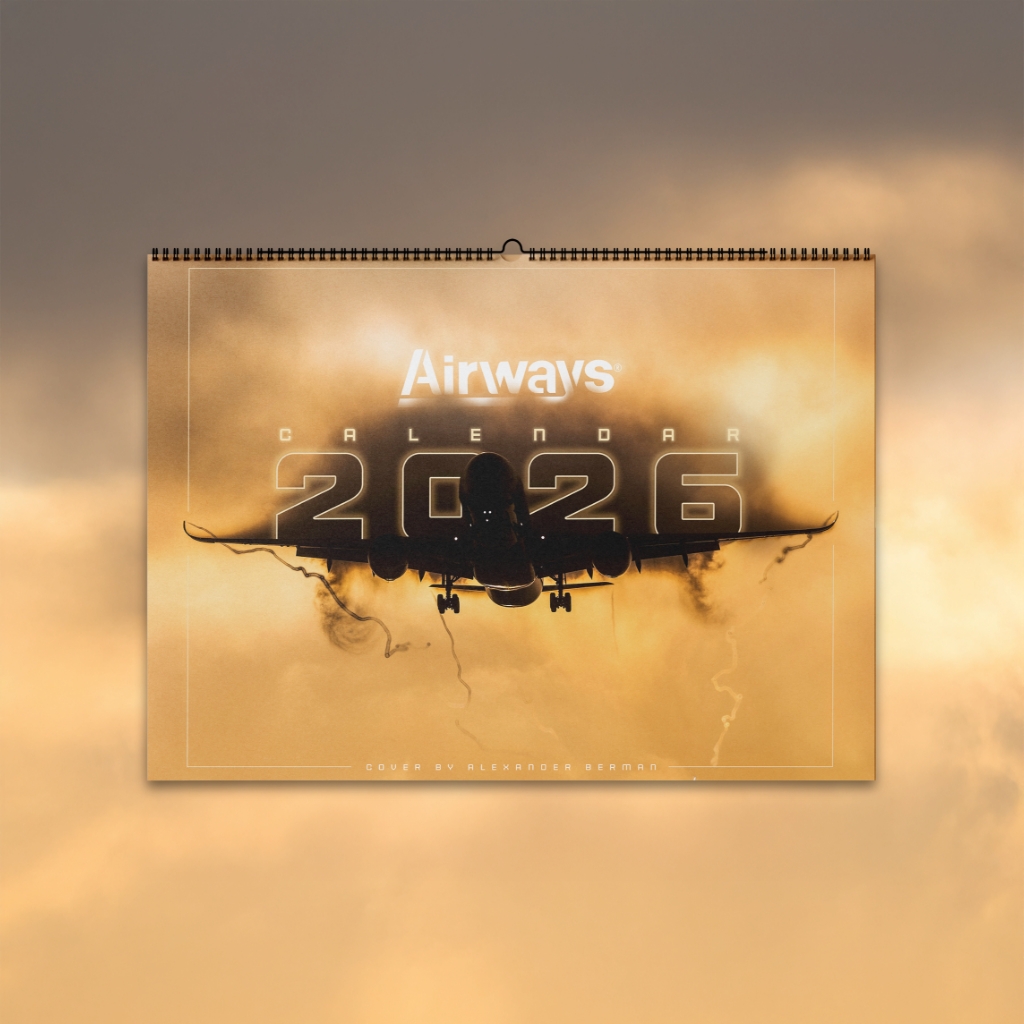DALLAS — Today, in 2007, the low-cost subsidiary of British Airways (BA), BA Connect, disappeared from the skies after its takeover by Flybe (BE).
The airline was a short-lived attempt by BA to compete with the growing presence of low-cost carriers in the UK and turn around its ailing regional operation.

History
BA Connect's history dates back to January 1970, when Brymon Airways (BC) was created. BA purchased Brymon in 1993 and began operating as a British Airways Express brand franchise carrier.
On March 28, 2002, the company was merged with another BA carrier, British Regional Airlines (TH), and rebranded as British Airways CitiExpress. This allowed BA to consolidate its short-haul operations, reducing unnecessary overlap with its subsidiaries and franchise partners.
At the time, Rod Eddington, BA's then-CEO, said the merger was "a significant step forward in building a strong and highly competitive business in the UK regions."
The combined carriers served 59 destinations with 76 aircraft, comprising 30 Embraer ERJ-145s, five BAe 146s, 13 BAe ATPs, 13 Jetstream 41s, and 15 Bombardier Dash 8-300s.
In a major shakeup, it was announced in December 2002 that its entire turboprop fleet was to be retired. It would also close its regional hubs at Leeds Bradford (LBA) and Cardiff Airport (CWL). However, flights from London City to Frankfurt, Glasgow, and Paris were introduced in 2003.
Citiexpress also pioneered the 'print-at-home' boarding pass, which is now commonplace for travelers worldwide. The initiative was trialed on its London City routes and focused on the airline's high-yielding business passengers.

Fierce Competition
Alas, Citiexpress was not the success management had hoped for, and BA's regional operation continued to lose money.
In a last-ditch attempt to return to profitability, it was announced that Citiexpress was to be rebranded as a low-cost carrier called BA Connect. This came into effect on March 26, 2006.
With a new slogan, 'New low fares, same good service,' the airline would now provide passengers with a buy-on-board service for food and drinks, with fares as low as £25. To set it apart from its rivals, allocated seating, a baggage valet facility, lounge access, and BA miles were all still available.
In total, BA Connect flew from 17 airports in the UK and Ireland on 63 routes.
David Evans, then Managing Director of British Airways CitiExpress, said, "The restructuring of the regional business will set us apart in this fiercely competitive market. We have an innovative service promise for business and short-break leisure air travellers, offering year-round, one-way prices that match the no-frills airlines and the added service promise and resources of an airline of British Airways' size and stature."
Evans added that the move was "a direct response to changing customer needs and the challenges that have emerged in the marketplace since the creation of British Airways CitiExpress. We know air travellers value British Airways' distinctive brand and the wide range of benefits associated with a full-service airline at competitive prices."

Beginning of the End
However, Willie Walsh's arrival as the new CEO of BA in October 2005 was the beginning of the end for BA Connect and, subsequently, the UK flag carrier's operations from the UK regions.
The subsidiary continued losing money, £6m in just a year. Wrong aircraft types and a much higher cost base than its low-fare rivals meant they could not compete.
At the time, Walsh said he did not expect "any prospect of profitability in its current form. We think this part of the business is best left to those who see it as their core activity."
And so, on November 3, 2006, it was announced that BA Connect would be sold to British low-cost regional carrier BE. The deal saw BA pay BE approximately £150m for the business and take a 15% stake in the combined airline. This would ensure the new owners were financially protected during the transition period.
Flybe announced it would be retiring the entire BA Connect fleet, which at the time comprised two BAe 146s, four Bombardier Dash-8s, and 28 Embraer ERJ-145s. It then increased its commitment to purchasing new aircraft from US$1.2bn to US$2bn, adding further Bombardier Q400s and Embraer 195s to its order books.
British Airways also provided commercial support by entering into a one-way codeshare agreement on all previous BA Connect routes, "allowing for a smooth consumer transition to the Flybe brand."

The Largest Regional Airline In Europe
The combined businesses would significantly expand Flybe's network, overnight making it the largest regional airline in Europe. One hundred fifty-nine routes would now be operated from 23 UK and 36 European Airports.
However, Flybe announced that they would discontinue 15 underperforming routes, including all flights from Bristol.
The sale did not include services from London City, which were taken over by the newly formed BA CityFlyer (CJ), nor the transatlantic operation from Manchester.
Commenting on the acquisition, Jim French, then Chairman and Chief Executive of Flybe, said: "This is a proud day for Flybe, now Europe's largest regional airline. The acquisition of BA Connect gives us critical mass across our domestic and European city markets and, with valuable slots at congested European airports, brings our growth plans forward by two years. Flybe is now firmly established as one of the UK's largest airlines.
Less than a year after its formation, the final BA Connect flight touched down on March 24, before the operation was transferred to its new owners the following day. This ended BA's foray into the low-cost market and also its point-to-point operations from the UK regions.
Stay connected at every stop along your journey! Get any Saily mobile data plan at 5% off with the code AIRWAYSMAG5 + up to 5GB free!





